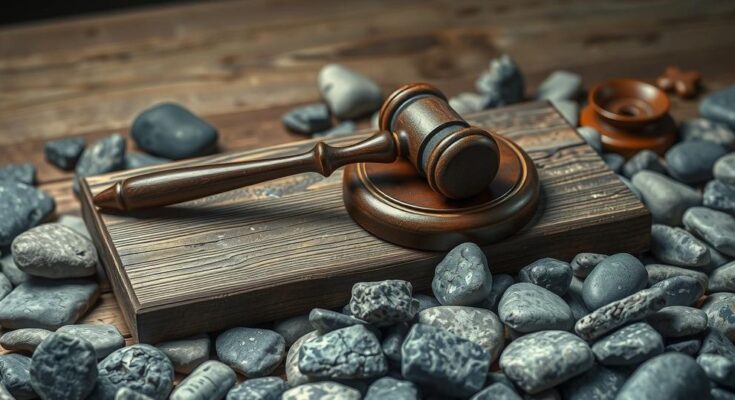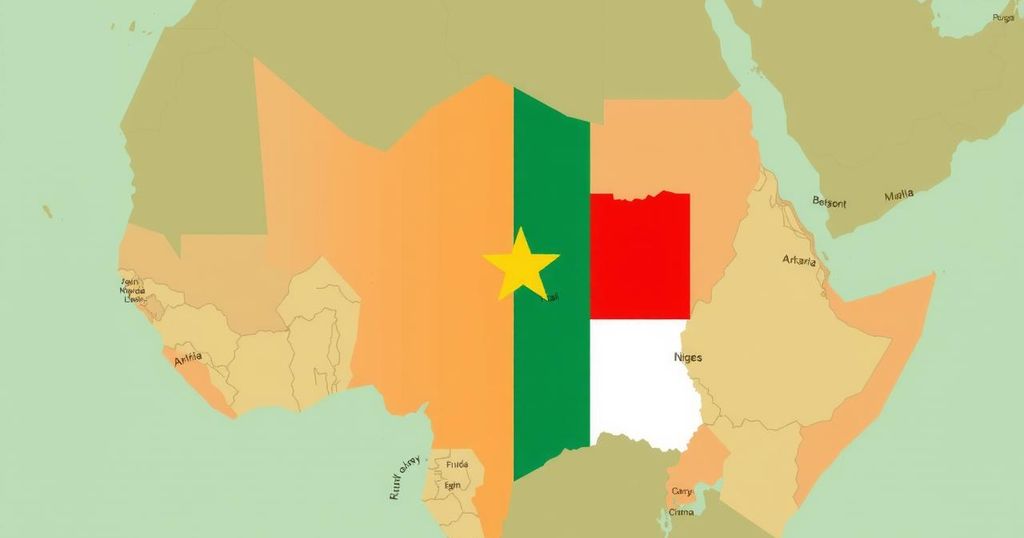Said Ait Mehdi, head of the Coordination of Earthquake Victims of Al-Houz, has been sentenced to three months in prison by a Marrakech court, along with a fine and compensation payment. He was accused of several charges, while three others were acquitted in the case that arose from complaints by local officials.
The Marrakech Court of First Instance has issued a three-month prison sentence to Said Ait Mehdi, the leader of the Coordination of Earthquake Victims of Al-Houz. In addition to imprisonment, Ait Mehdi was fined 500 dirhams and ordered to pay a compensation of 10,000 dirhams to the civil party involved. Conversely, the court acquitted three other defendants associated with the case.
The legal troubles for Ait Mehdi commenced in December, when the local prosecutor took the decision to detain him, leading to his incarceration at Loudia prison. He faced various charges, including the dissemination of false information intended to damage individuals’ reputations, insulting public officials, and inciting criminal conduct via electronic means. The remaining defendants were similarly accused of insulting a public servant.
The arrests of Ait Mehdi and the others followed a complaint filed by a village authority officer in Tadafalt, alongside the successor to the Ajoukak commander. The proceedings have raised concerns over the treatment of advocates for earthquake victims and the implications of such legal actions on freedom of expression.
Said Ait Mehdi’s case highlights the ongoing struggle of earthquake victims in Morocco and the legal challenges faced by their advocates. The Coordination of Earthquake Victims of Al-Houz seeks to address grievances and support those affected by severe natural disasters. However, legal actions taken against its leadership reveal tensions between authorities and civil society organizations that aim to voice concerns regarding victims’ rights and assistance.
In conclusion, Said Ait Mehdi’s sentencing underscores significant issues regarding the advocacy for earthquake victims in Morocco, the implications of legal repercussions for public dissent, and the ongoing challenges civil society organizations face. The acquittal of three additional defendants may indicate a complex legal landscape surrounding this case, reflecting broader societal tensions.
Original Source: en.yabiladi.com




